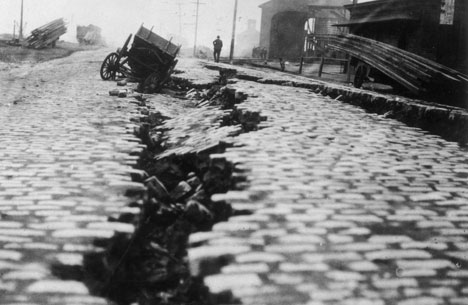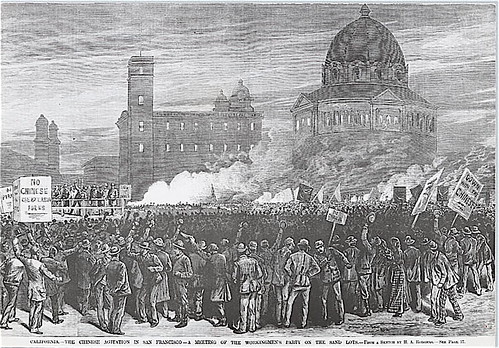Kan' Sharuminar
Fluffy
It was a time of change in Russia. Though the Kan refused to acknowledge that the acts of the extremist groups had had any effect on him, he could not ignore the growing demands for freedom in Russia. It didnt harm matters that his informants - sent out among the working classes to gauge popular opinion - reported that the peoples gripes were more against the state itself, rather than their leader.
Between 1886 and 1890, the Kan enacted a number of reforms that allowed greater freedoms to the Russian people. A Council of Ministers, comprised of elected members, was formed in 1887 to provide an advisory role to the Kan, as well as control the day-to-day running of the Russian Empire.

Emancipation of the serfs
By far the greater act was the Great Emancipation Act of 1889, in which serfdom was formally abolished across Russian territories. While Russia had always claimed it had never allowed slaves, it was a statement based only on technicalities. The act freed around 13 million peasants from their dependence on landowners.
Not widely reported was the formation of the Third Section. Officially it was an expansion of the Russian state police, created to investigate and oversee high-risk crimes. Unofficially, it was the Kans personal police force, authorised to use any methods necessary to uncover, investigate and eliminate any potential revolutionary groups. It wasnt long before the populations of the larger cities caught on, and people in St. Petersburg, Moscow or Warsaw would sooner cross the street than brush by the dark blue uniform a TS Officer would wear.

A new government in Germany
Events outside of St. Petersburg were also affecting Russia. The German government had collapsed, ending the Baltic Alliance and forcing Russia into isolation. The Ministry of Foreign Affairs was in uproar, as they were forced into a deep analysis of the international situation, and whether Russia should seek new allies, or go it alone
Imperial Russian Empire
56IC
Accept International Standard for Prime Meridian
5IC - Educate the people
16 IC - Machine Gun Infantry
12 IC into 6 factories in Poland
12 IC into 6 factories in Livonia
11 IC into science
Siberia and Kazakhstan to become cores.
Between 1886 and 1890, the Kan enacted a number of reforms that allowed greater freedoms to the Russian people. A Council of Ministers, comprised of elected members, was formed in 1887 to provide an advisory role to the Kan, as well as control the day-to-day running of the Russian Empire.

Emancipation of the serfs
By far the greater act was the Great Emancipation Act of 1889, in which serfdom was formally abolished across Russian territories. While Russia had always claimed it had never allowed slaves, it was a statement based only on technicalities. The act freed around 13 million peasants from their dependence on landowners.
Not widely reported was the formation of the Third Section. Officially it was an expansion of the Russian state police, created to investigate and oversee high-risk crimes. Unofficially, it was the Kans personal police force, authorised to use any methods necessary to uncover, investigate and eliminate any potential revolutionary groups. It wasnt long before the populations of the larger cities caught on, and people in St. Petersburg, Moscow or Warsaw would sooner cross the street than brush by the dark blue uniform a TS Officer would wear.

A new government in Germany
Events outside of St. Petersburg were also affecting Russia. The German government had collapsed, ending the Baltic Alliance and forcing Russia into isolation. The Ministry of Foreign Affairs was in uproar, as they were forced into a deep analysis of the international situation, and whether Russia should seek new allies, or go it alone
Imperial Russian Empire
56IC
Accept International Standard for Prime Meridian
5IC - Educate the people
16 IC - Machine Gun Infantry
12 IC into 6 factories in Poland
12 IC into 6 factories in Livonia
11 IC into science
Siberia and Kazakhstan to become cores.
















